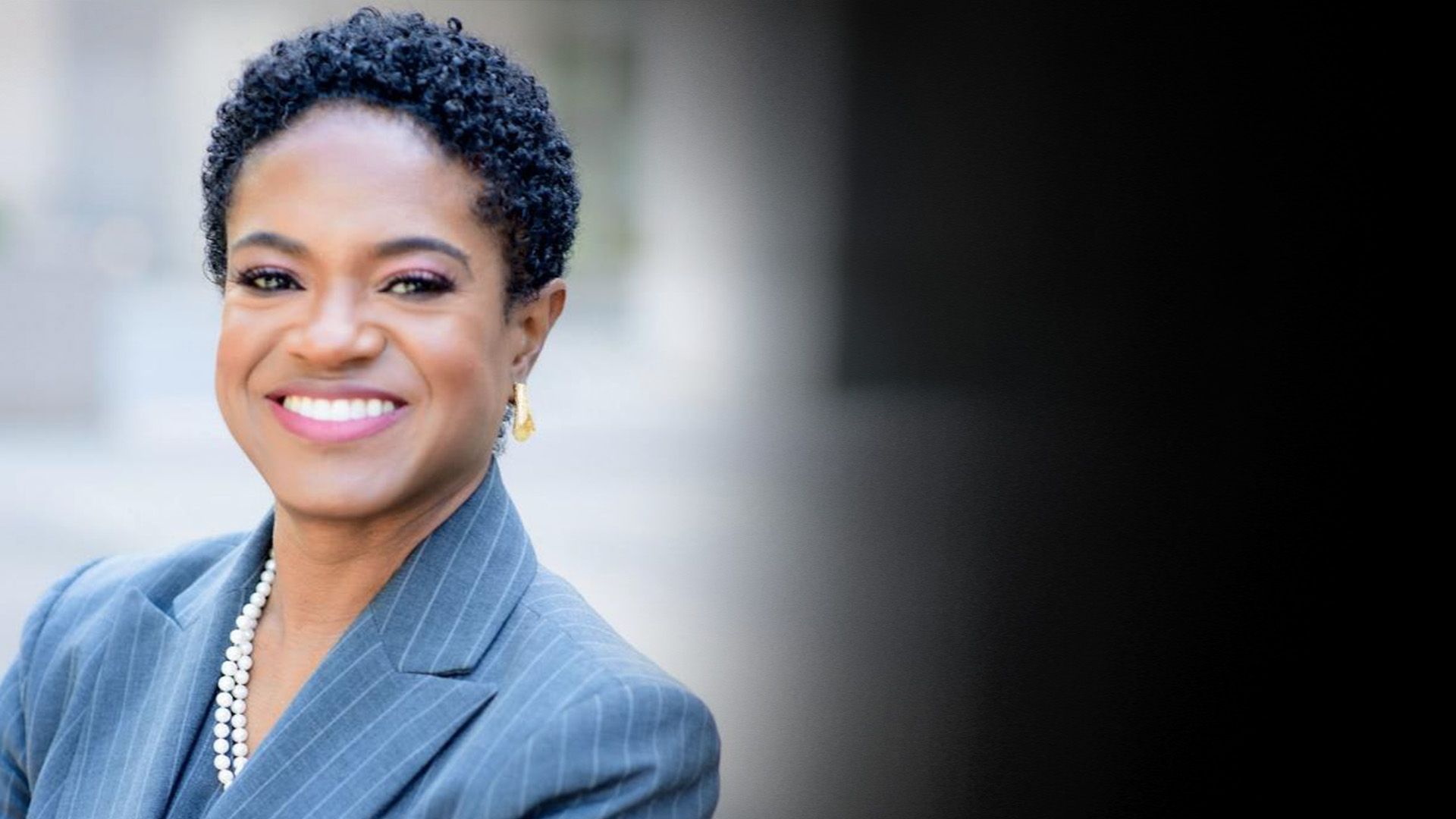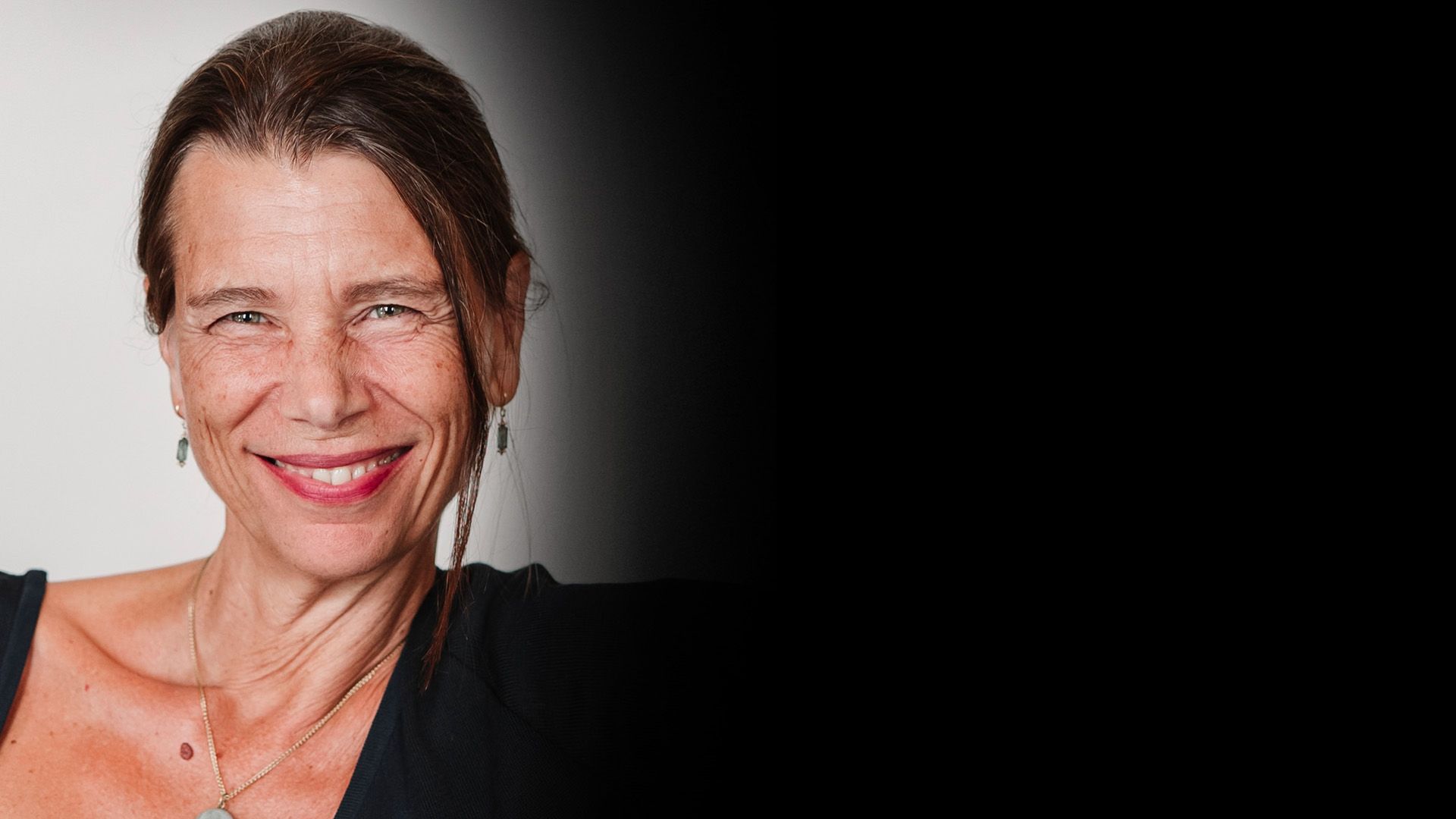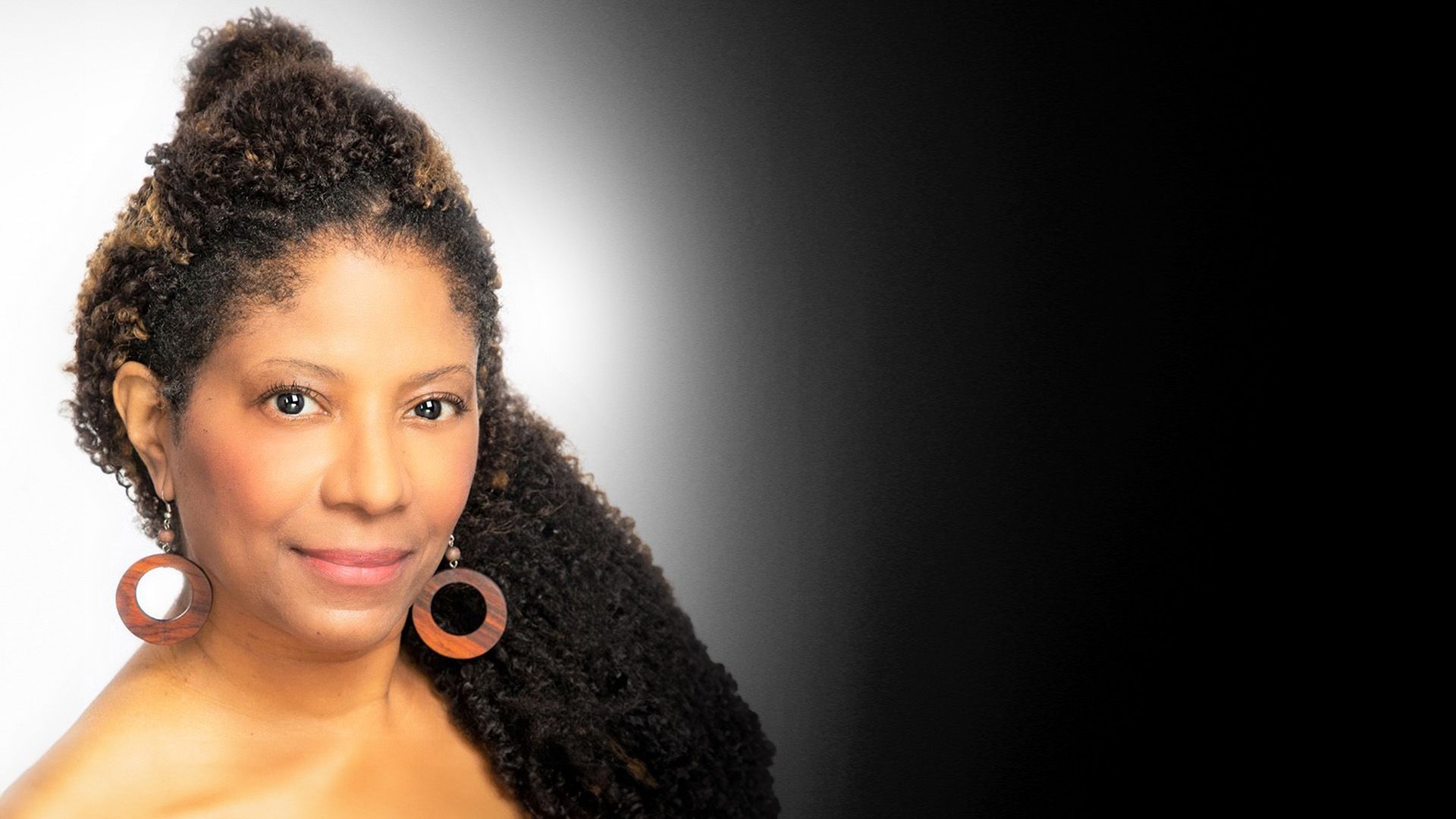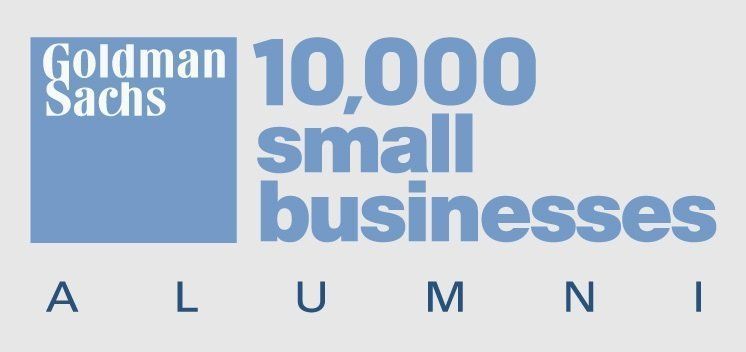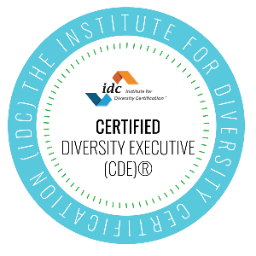Changing the Narrative of Tokenism
Admit it , the title made you cringe. It also made you click on this link. The word “token” is almost a taboo word. It’s a word people don’t like to be called. Tokenism is a concept organizations fear being accused of. But I’m here to challenge you to change the narrative concerning tokenism.
We’ve always heard the term “token”, especially in movies. Back in the 90’s “Not Another Teen Movie” referenced a few jokes about what it means to be the “ token black.” This joke was perpetuated in South Park and a few others.
Token has always had such a negative connotation. As it should. But what does “tokenism” really mean? And why does it matter? More importantly, how can one embrace being the “token” and use it to his/her advantage? And if you are the person in your organization leading efforts of diversifying, championing representation and being more inclusive, what are your responsibilities relevant to this discussion of tokenism?
Merriam Webster defines Tokenism as “the practice of doing something (such as hiring a person who belongs to a minority group) only to prevent criticism and give the appearance that people are being treated fairly”. In other words, Tokenism is used by companies, organizations and industries to appear diverse to the outside world (A.K.A. “window dressing” and “checking the box”).
D&I experts urge organizations to diversify ensuring inclusion of underrepresented populations. But, to do so, organization must start somewhere. And sometimes that somewhere is with one person often perceived as the “token.”
Being identified as the token person in your organization can feel terrible. We have seen and heard countless stories on how this is destructive and detrimental to a person. However, when one can rise above this and change the “token narrative,” opportunity lies on the other side. How a person perceives being labeled or considered a token, can make all the difference in realizing a potential positive outcome exist. Some will view being the token as a curse and others will interpret it as a blessing. It’s all about strategically playing the hand you are dealt to win the game. Tokenism can cause some people to think like a victim, when they should strive to think like a victor. Perspective is key.
Hundreds, perhaps thousands of people in history could have played the victim. Instead, they viewed the opportunity presented to them exactly as that: an opportunity. They took the opportunity, ran with it, and changed the narrative for themselves and for the minority groups they represent.
Take for example, RJ Mitte , who conquered the screen and stole the show on Breaking Bad , despite having cerebral palsy. Before him, people didn’t know much about cerebral palsy and much less, people didn’t know you could have cerebral palsy and act.
Then there’s Alek Wek who in the 2000s was one of the first Sudanese women to conquer the international catwalk. Her distinctly striking African features set her apart from the rest and since then there have been a number of successful models who followed suit. Alek Wek has been quoted to say “ You don’t have to go with the crowd… ”
And let’s not forget Ilham Omar who became the first Somali-American lawmaker against all odds? We have heard stories and read accounts of how Growing Up Muslim in America is not easy, but despite all that Ilham defied all odds and went on to become the first Somali-American Muslim woman elected to state legislature. She has since then, set a precedent.
As the “token representative,” what does it take to go beyond a label and rise above it? How do you leverage your uniqueness to set you apart and highlight your value? Consider these tips:
- Celebrate Your Uniqueness – Your uniqueness is what draws people to you. It’s your edge and it’s like a magnet. You could say it’s your personal power. If you don’t believe in yourself and what you makes you YOU, then you cannot convince anyone else that you deserve to share space with them.
- Don’t shrink your identity, highlight it – When you have no choice but to be labeled by society you begin to care about that label. If everyone is going to recognize you by an unassigned label, then you might as well get picky about how they’re going to refer to you. This is your chance to showcase who you are and control the narrative. Don’t feel pressured to conform to mainstream..be YOU.
- Forget feeling like “the token”, instead celebrate being “the only” – If you don’t fit into the puzzle board around you, don’t turn and twist – create your own jigsaw. Being the only allows you to stand out. When you are easily noticed, use that to your advantage by gaining influence with your peers.
- Use the stage wisely to change the status quo. Remember, you are doing this for yourself, but you are also doing this to further the work of inclusion. You are doing this to make people understand who YOU are and what you represent. Be wise about what you contribute and make it count.
- Bring others along. Now that you have proven you are such an invaluable part of your team, it’s time to bring others along. The end goal to all of this is to change the narrative, to set the precedent so that others may follow suit. The goal is to gain influence and when you gain influence, ultimately you gain power. Power gives you voice.
If you are a leader in charge of diversifying your organization and hiring/promoting perceived underrepresented minorities, you are also instrumental to the success of this narrative change. How do you ensure you are mindfully hiring the right person and minimizing tokenism sentiments? Consider these tips:
- Evaluate your organization’s culture but also don’t hire just for culture. That’s how hegemony happens. You want different cultures.
- Branch out of your network. If you only look for people in your network, you will surely find competent and skilled people. But they will be people who think like you. Instead, look outside of your network, post on job boards you don’t normally post on, and then hire the most competent and skilled people.
- Set clear goals. Understand why you want your company to be more diverse. Does your company and board reflect the demographics of the community you serve? How will diversity help your company achieve its mission?
- Commit to transformation. Creating a diverse and inclusive workplace heavily depends on leadership’s commitment to wanting this change and transformation. Once you have decided you want a diverse organization, commit to it.
Don’t forget that the only way people get offended by difference is if they categorize something as “better than” or “lesser than” or if they categorize difference by “inferior” vs “superior”. In the end, difference is just that: different. And that diversity, in all of its forms can help your company reach new audiences and reach the next level.

